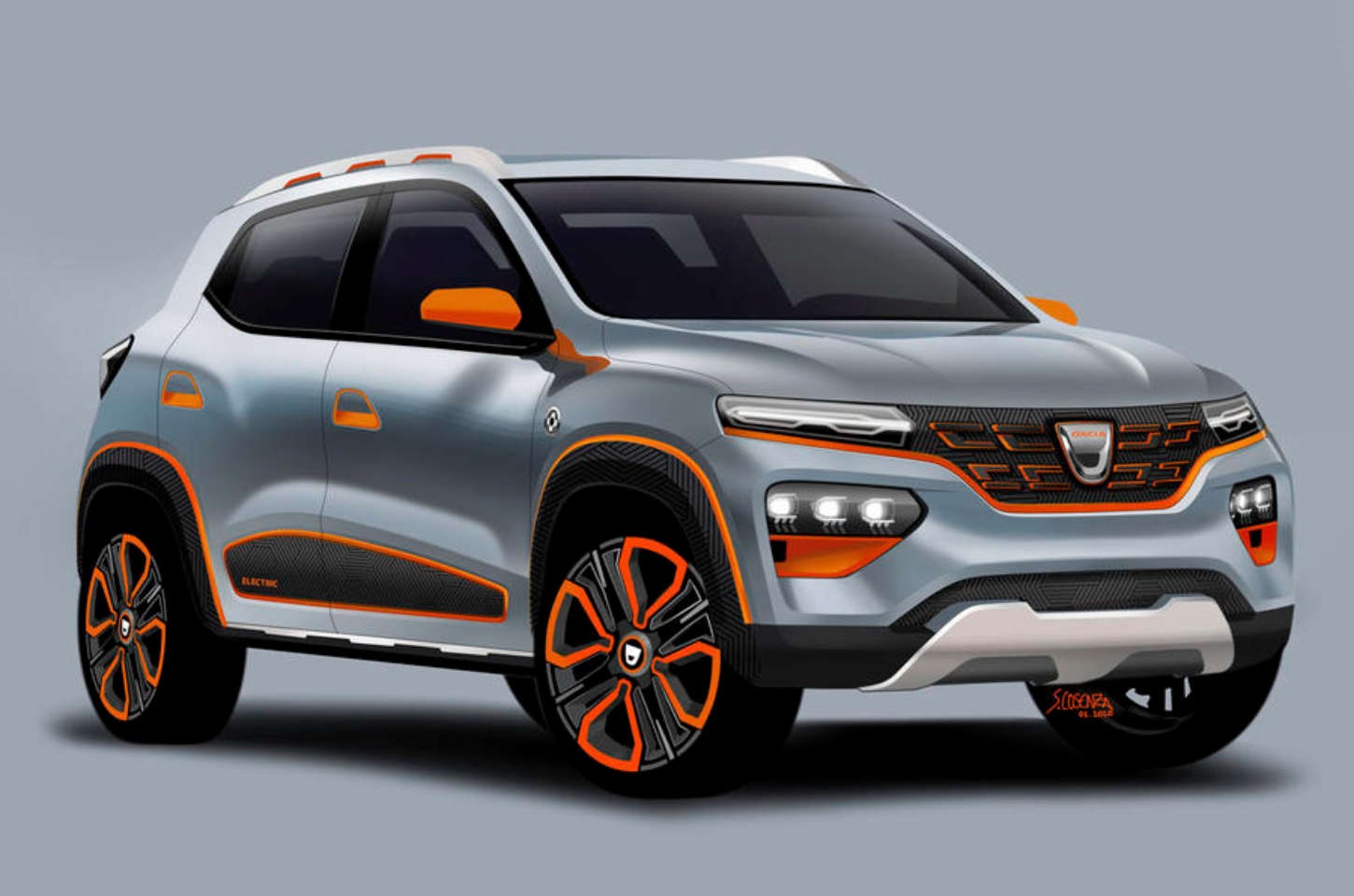Renault announces electric Dacia for 2024
Renault Group said it has far exceeded its financial forecast for 2021: The operating margin was 3.6 per cent.
This means the company will reach its Renaulution strategy target two years ahead of schedule. To this end, CEO Luca de Meo announced a successor to the electric Dacia Spring at the annual press conference.
Sales in 2021 reached 46.2 billion euros, up 6.3 per cent in 2020, while the 2021 operating margin was 1.7 billion euros, equivalent to 3.6 per cent of sales. Renault Group had thus achieved its 2021 CO2 (CAFE) targets (passenger cars and light commercial vehicles), in particular through sales of E-Tech vehicles, which accounted for nearly a third of new passenger car registrations in Europe - up from 17 per cent in 2020. In an environment still affected by the semiconductor crisis, especially in the first half of 2022 (estimated total loss of 300. 000 vehicles in production over the full year), and by the rise in raw material prices, the Group is targeting a full-year operating margin of at least 4 per cent and an automotive operating free cash flow of at least one billion euros.
But of much more interest to the buying public is likely to be the announcement of a new electric model from Renault subsidiary Dacia. Group boss Luca de Meo did not give any far-reaching details yet, but enough that the Spring successor should debut in 2024. Speaking at the conference, de Meo said: "We made this decision this year". According to this, the successor will be based on the new "CMF-A platform", a basis specifically for electric small cars.
If this is true, the current Dacia Spring will look back on only about three years of the model cycle by then. Very little, considering that most vehicles are on the market for seven years before being replaced by a successor. But this is not due to the success of the Spring, which according to auto-motor-und-sport.de has already been ordered over 40,000 times.
Rather, the problem could be the poor performance in the Euro NCAP crash test - here the electric Dacia only achieved one star, which is an unacceptable circumstance, especially in Europe. There is also frequent talk of quality problems, which are not pleasing even considering the low entry price starting at 20,490 euros - before subsidies are deducted. With the new platform, however, these faults could be eradicated. And as we all know, everyone deserves a second chance ...
